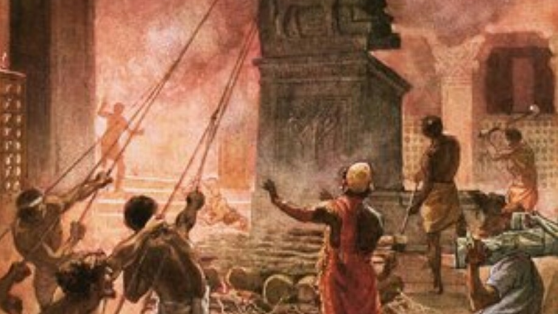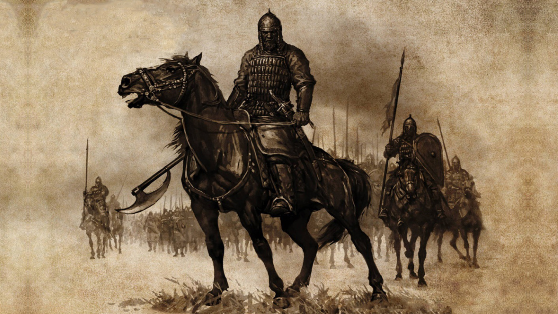On this day, October 31, we celebrate the moment when Martin Luther posted his ninety-five theses and made a stand against the darkness and deception that had permeated the spiritual landscape. But over two thousand years before Martin Luther, another reformation took place. It was not a common Augustinian monk calling for a faculty meeting, but a king in the line of David: Josiah. And what was posted on the king’s door, so to speak, was not a document of concerns about religious traditions. Rather, it was the plain and open Law of God: the book of Deuteronomy.
Did a Prophet Permit Idol Worship?
In 2 Kings 5, Naaman, the commander of the Syrian army, is miraculously cured of leprosy after following the instructions of the prophet Elisha. Naaman is overjoyed and returns to Elisha, saying, “Behold, I know that there is no God in all the earth but in Israel” (v. 15). He then begs Elisha to accept a gift, but the prophet characteristically refuses.
Naaman then makes a strange request: “Please let there be given to your servant two mule loads of earth, for from now on your servant will not offer burnt offering or sacrifice to any god but the LORD. In this matter may the LORD pardon your servant: when my master goes into the house of Rimmon to worship there, leaning on my arm, and I bow myself in the house of Rimmon, when I bow myself in the house of Rimmon, the LORD pardon your servant in this matter.” (v. 17-18)
Elisha’s response? “Go in peace” (v. 19).
Wait…did Elisha, a prophet and a man of God, actually permit a man to worship an idol in order to keep his job?


